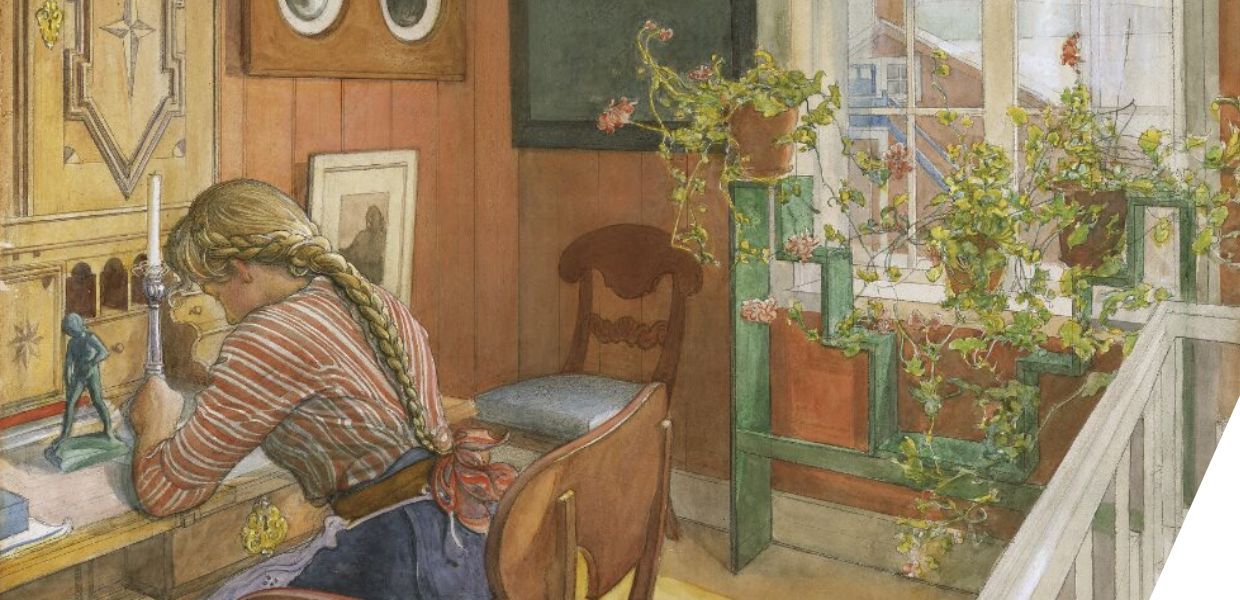Europe stands at a pivotal moment, with its next long-term budget set to define the years ahead. This budget will equip the EU with the resources and strategies needed to anticipate emerging challenges, assert a positive, leading and collaborative role, and define a future grounded in our shared values. At this crossroads, the Europeana Initiative - Europeana Foundation, Europeana Network Association and Europeana Aggregators’ Forum - urges the EU to scale up investment in cultural heritage and digital innovation —essential pillars for an inclusive, diverse and competitive Europe. We call for a bold budget that prioritises what defines our European way of life: our shared culture and history.
Raising ambitions and investment in (digital) cultural heritage as a cross-cutting priority
Cultural heritage holds immense intrinsic value, but it is also a powerful driver of social cohesion and sustainable growth. Seven in ten Europeans believe cultural heritage enhances their quality of life (Eurobarometer, 2017), recognising its role in community building, shared belonging and civic participation. It also drives nearly 40% of all travel in Europe (UNWTO), and cultural and creative employment accounts for 7.8 million jobs (Eurostat), while cultural enterprises —mainly small and medium-sized— generated €199 billion value added in 2022 (Eurostat).
Given its far-reaching impact, (digital) cultural heritage must be integrated across policy domains and EU funding mechanisms, ensuring alignment and coherence.
It should not only be recognised as a sector in its own right, but also as a strategic enabler of broader EU priorities. We call on the EU to prioritise investment in digital cultural heritage and to raise ambitions for the transformative role cultural heritage can play in the European project. This includes leveraging existing and future instruments —such as the proposed European Competitiveness Fund— to amplify digital heritage as a strategic asset where Europe holds significant competitive advantage thanks to its strong public infrastructure, highly skilled experts, and leading role in heritage digitisation practices that are already serving as a global model. We also urge the EU to invest in a large-scale pan-European digitisation campaign, mobilising both existing and future instruments - including regional and national partnership funds.
Digital heritage: an asset for Europe’s technological sovereignty and leading role internationally
As we look ahead, digital transformation has never been so important. The key question is who will lead this change and how. In a volatile digital landscape, Europe must set an example with a sovereign digital model rooted in democratic values and the public good, and innovation that minimises environmental impact. This means securing technological sovereignty and digital leadership through innovative, trustworthy, sustainable and competitive data infrastructures —including in cultural heritage.
We trust the next MFF will provide a framework for the EU and its Member States to create, finance and maintain a public data infrastructure, while continuing the progress made, notably through the ecosystem of common European data spaces. This commitment should be underpinned by an ambitious, holistic policy framework and robust investment in cutting-edge technologies, including AI, skills development, data literacy and cybersecurity.
Sustained investment for high EU added value digital heritage initiatives
President Ursula von der Leyen has committed to making Europe’s cultural heritage more accessible and the common European data space for cultural heritage —designed, deployed and stewarded by the Europeana Initiative— offers a unique opportunity to meet this challenge.
To unlock its full potential, the next MFF must recognise the added value the data space for cultural heritage brings to the EU heritage ecosystem, and broader EU priorities, and ensure its sustained, long-term support and adequate resources. We urge the Commission to increase funding for the data space for cultural heritage and supportive projects, ensuring its scalability and sustainability. Additionally, we call for sustained investment in projects that support a competitive, inclusive and sustainable digital future for cultural heritage, with improved funding and co-funding conditions for small and medium-sized organisations, which form the majority of the sector.
Towards an ambitious MFF and the delivery of our shared vision
At the Europeana Initiative, we remain committed to working with the European Commission to build a democratic, resilient, prosperous and competitive Union through digital cultural heritage, and we will continue to mobilise the data space for cultural heritage in support of this vision. We now count on the EU to make bold decisions and invest decisively in the future of Europe’s digital cultural heritage and the digital infrastructures that will allow it to thrive. This is a unique opportunity to reaffirm Europe’s commitment to what binds us together —our shared history and humanistic values— and to assert its leading role as a global cultural and democratic powerhouse.
Support our response.




